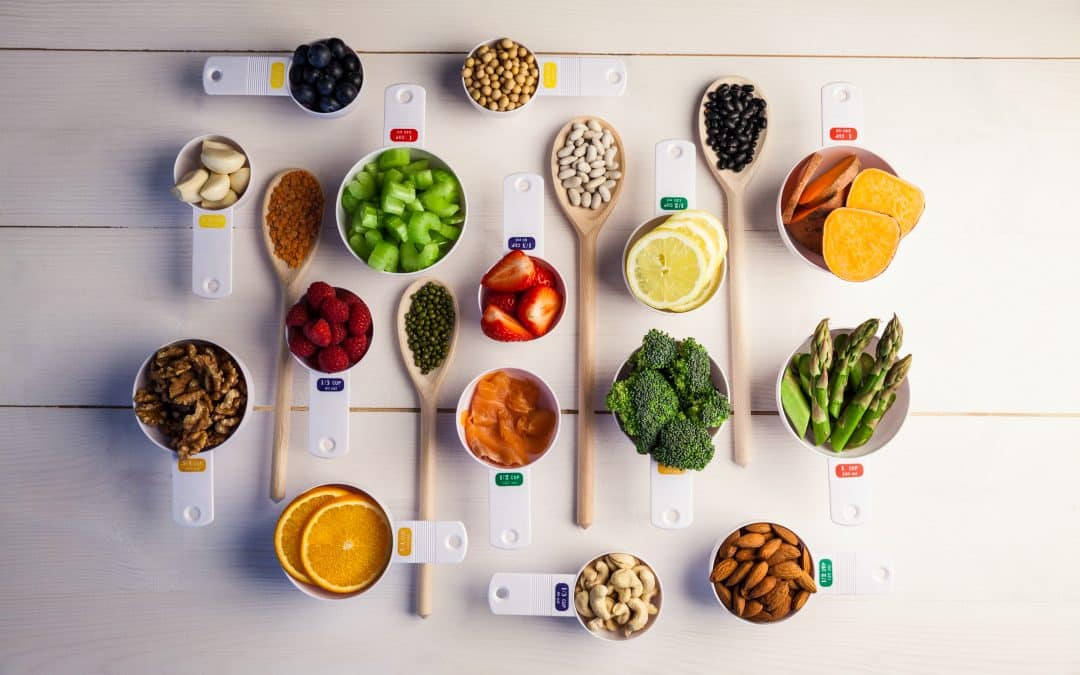At It’s Supper Thyme, our mission is to provide nourishing, home-cooked meals that support the health and well-being of our clients. We understand that eating a balanced diet is crucial for maintaining overall health, especially as we age. To help you make the most of your meals, we’ve compiled some practical tips for achieving a well-balanced diet that promotes vitality and wellness.
1. Incorporate a Variety of Foods
A balanced diet is diverse and includes a variety of food groups. Aim to include:
- Fruits and Vegetables: These are rich in vitamins, minerals, and fiber. Aim for a colorful plate to ensure a wide range of nutrients.
- Proteins: Choose lean sources such as chicken, fish, legumes, and nuts. Protein is essential for muscle maintenance and repair.
- Whole Grains: Opt for whole grains like brown rice, quinoa, and whole wheat bread, which provide fiber and essential nutrients.
- Dairy or Dairy Alternatives: These provide calcium and vitamin D, crucial for bone health. If lactose intolerant, consider fortified plant-based alternatives.
2. Portion Control
Eating the right amount of food is just as important as eating the right types. Portion control helps manage calorie intake and prevents overeating. Use smaller plates and bowls to help regulate portion sizes and listen to your body’s hunger and fullness cues.
3. Balance Your Meals
Aim to include a balance of macronutrients in each meal:
- Carbohydrates: Choose complex carbs such as whole grains and vegetables for sustained energy.
- Proteins: Include a source of protein to support muscle health and satiety.
- Fats: Incorporate healthy fats from sources like avocados, nuts, and olive oil. These fats support heart health and cognitive function.
4. Stay Hydrated
Proper hydration is an often-overlooked aspect of a balanced diet. Aim to drink plenty of water throughout the day. Hydration supports digestion, nutrient absorption, and overall bodily functions. If plain water isn’t appealing, try infusing it with fruits or herbs for added flavor.
5. Minimize Processed Foods
Processed foods often contain high levels of sodium, unhealthy fats, and sugars. Reduce your intake of processed and fast foods, and focus on whole, unprocessed options. Preparing meals from scratch allows you to control the ingredients and avoid hidden additives.
6. Monitor Sodium and Sugar Intake
Excessive sodium can contribute to high blood pressure, while too much sugar can lead to weight gain and other health issues. Be mindful of your intake of salty snacks and sugary beverages. Opt for natural flavorings like herbs and spices to enhance the taste of your meals without added salt.
7. Eat Mindfully
Mindful eating involves paying attention to what you eat and savoring each bite. Eating slowly and without distractions helps you enjoy your food more and prevents overeating. Take time to appreciate the flavors and textures of your meals.
8. Plan and Prepare Meals
Planning your meals ahead of time can help you make healthier choices and avoid the temptation of convenience foods. Create a weekly meal plan that includes a variety of nutritious options. Preparing meals in advance can also save time and ensure you always have a healthy option on hand.
9. Consider Special Dietary Needs
If you have specific dietary requirements or health conditions, adjust your meal plan accordingly. For instance, those with diabetes may need to monitor carbohydrate intake, while individuals with heart conditions should focus on reducing saturated fats.
10. Seek Professional Guidance
If you’re unsure about your dietary needs or how to achieve a balanced diet, consider consulting with a registered dietitian or nutritionist. They can provide personalized advice and help you create a plan that aligns with your health goals.
Conclusion
At It’s Supper Thyme, we are committed to supporting your journey toward a healthier lifestyle with delicious, balanced meals. By incorporating these tips into your daily routine, you can enjoy the benefits of a well-rounded diet that enhances your overall health and well-being. Remember, eating a balanced diet is not just about making temporary changes—it’s about establishing lifelong habits that contribute to a vibrant, fulfilling life.

